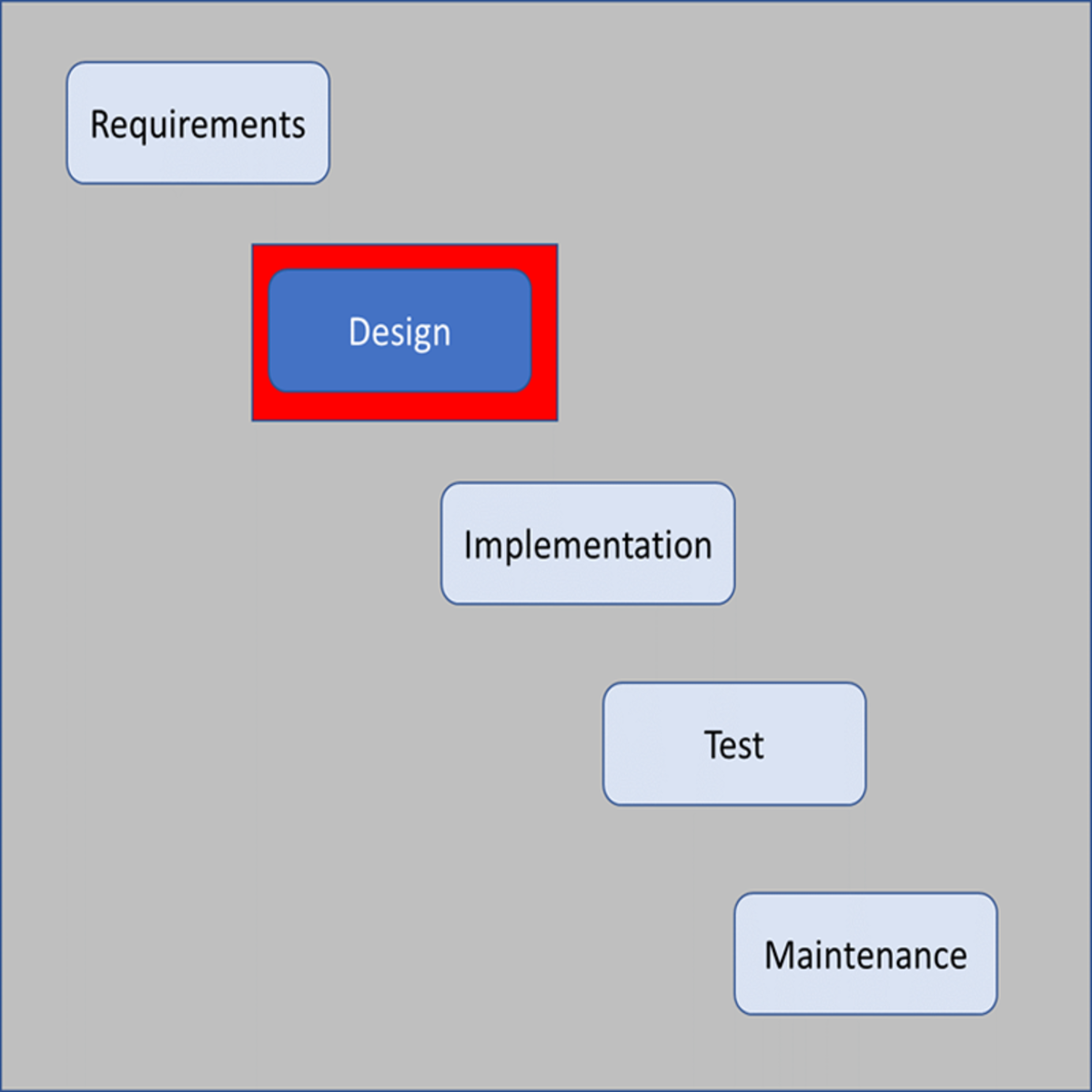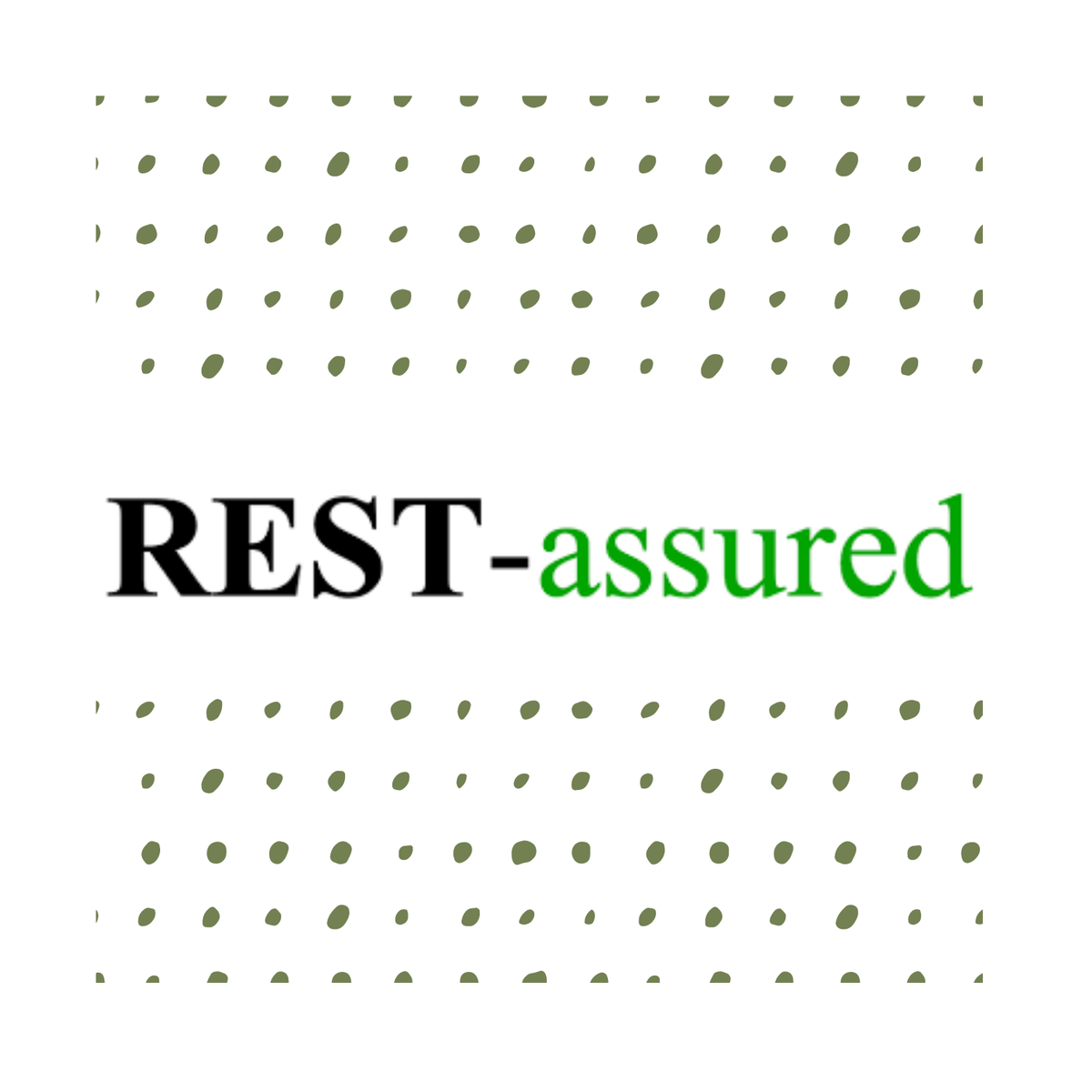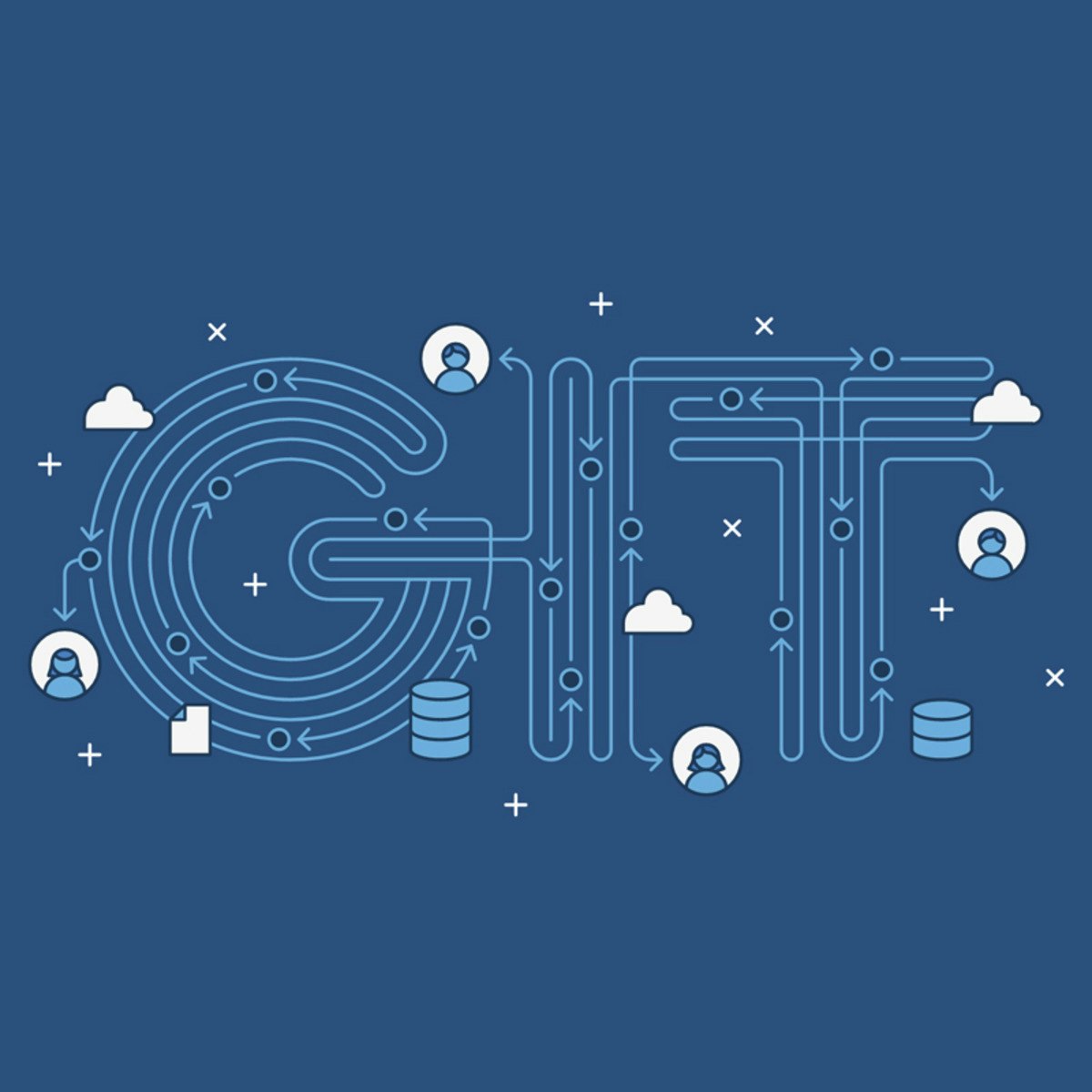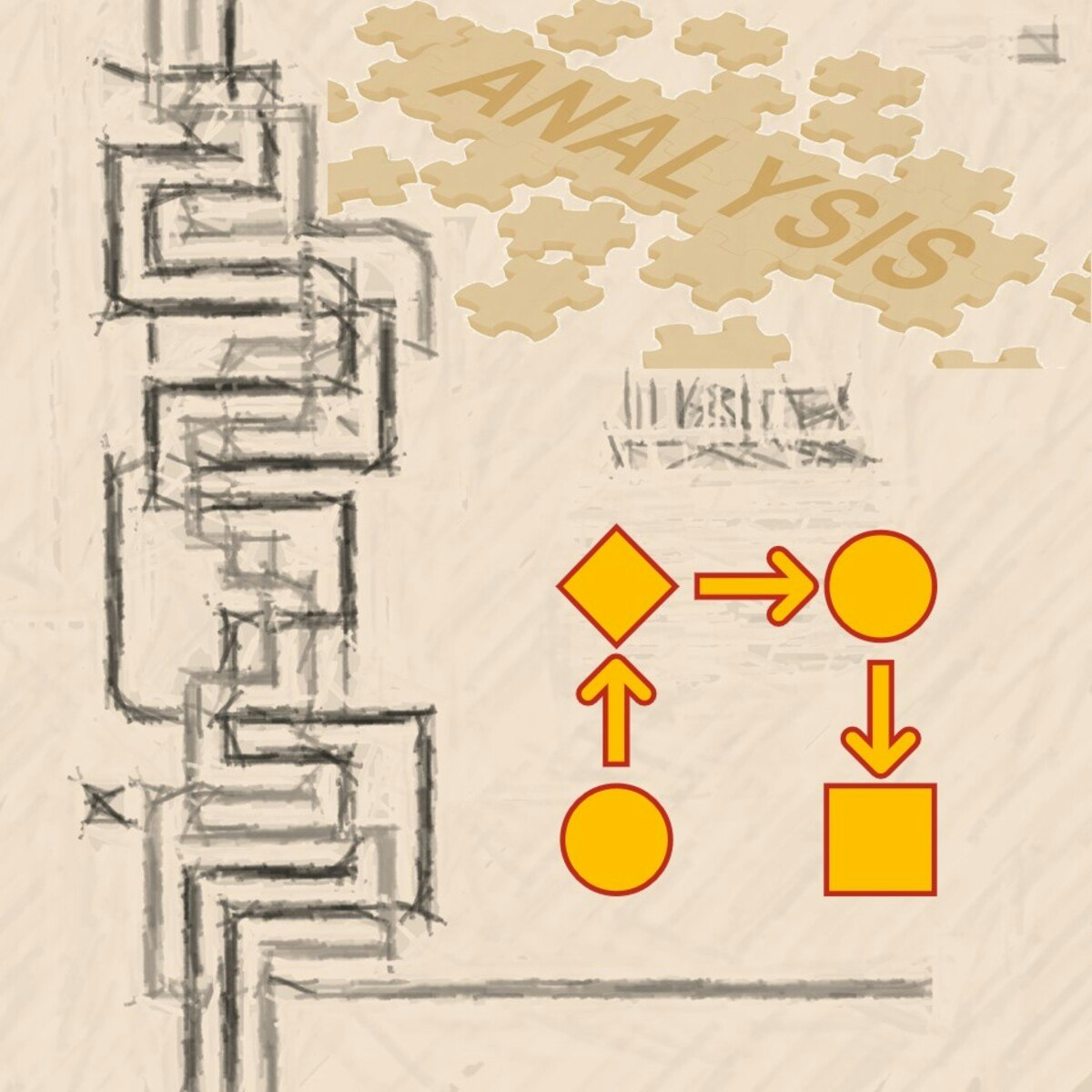Software Test Engineer
Software Test Engineer: A Comprehensive Career Guide
Software Test Engineering sits at the crucial intersection of software development and quality assurance. At its core, a Software Test Engineer (STE) is responsible for evaluating software to identify defects, ensure it meets requirements, and ultimately, deliver a high-quality product to end-users. They are the guardians of software quality, meticulously examining applications to confirm they function as expected under various conditions.
Working as a Software Test Engineer can be deeply rewarding. It offers the intellectual challenge of understanding complex systems and devising clever ways to uncover hidden flaws. There's also the satisfaction of playing a critical role in delivering reliable, user-friendly software that people depend on daily, from mobile apps to critical enterprise systems. The field is constantly evolving with new technologies and methodologies, providing continuous learning opportunities.
Introduction to Software Test Engineering
What is a Software Test Engineer?
A Software Test Engineer, often called a Test Engineer or QA Engineer, is a professional who focuses on the quality aspects of software development. Their primary goal is to find bugs, errors, or any problems that might negatively affect the user experience or the software's functionality before it reaches the market. They design tests, execute them, analyze the results, and report findings back to the development team.
Think of STEs as detectives for software. They systematically investigate applications, looking for clues (bugs) that indicate something isn't right. This involves understanding not just *how* the software is supposed to work according to specifications, but also anticipating potential edge cases, user errors, and system interactions that might cause unexpected behavior.
Their work ensures that the final software product is reliable, performs well, is secure, and meets the business and user needs it was designed for. They are essential contributors to the reputation and success of software products and the companies that build them.
Role in the Software Development Lifecycle (SDLC)
Software Test Engineers are integral members of the software development team and participate throughout the entire Software Development Lifecycle (SDLC). Traditionally, testing occurred mainly after the coding phase. However, modern approaches like Agile and DevOps emphasize involving testing much earlier and more continuously.
In early stages (requirements and design), STEs provide input on testability and help clarify requirements to prevent ambiguities that could lead to defects later. During development, they work alongside developers, often performing component or integration testing. After development, they conduct system testing, performance testing, security testing, and user acceptance testing (UAT) support.
Their involvement isn't just about finding bugs; it's about preventing them. By participating early and often, STEs help build quality into the product from the start, rather than trying to inspect it in later. This "shift-left" approach makes the development process more efficient and reduces the cost of fixing defects.
Test Engineering vs. General Software Development
While both Software Test Engineers and Software Developers write code and need strong technical skills, their primary focus differs. Developers concentrate on *building* the software according to specifications, creating features and functionality. Their goal is to implement solutions.
Software Test Engineers, conversely, focus on *evaluating* the software. Their goal is to verify that the implemented solutions work correctly and to identify areas where they don't. They approach the software with a critical mindset, actively trying to break it or find scenarios where it fails.
This difference in perspective is crucial. Developers naturally focus on making things work (the "happy path"), while testers focus on potential problems and risks (the "unhappy paths" and edge cases). Both roles require collaboration and a shared understanding of quality, but their distinct objectives contribute to a more robust final product.
Core Responsibilities of a Software Test Engineer
Designing and Executing Test Cases
A fundamental responsibility of an STE is designing effective test cases. This involves analyzing software requirements, user stories, and design documents to determine *what* needs to be tested and *how*. A good test case includes specific steps to perform, input data, and the expected outcome.
Test case design requires understanding various testing techniques, such as equivalence partitioning, boundary value analysis, and decision table testing, to ensure comprehensive coverage without excessive redundancy. STEs must think critically about different scenarios, including normal usage, potential errors, and stress conditions.
Execution involves running these test cases against the software, carefully observing the behavior, and comparing the actual results against the expected outcomes. This can be done manually or through automated scripts, depending on the context and test strategy.
These courses provide a good foundation in software testing principles, including test case design and execution methodologies.
Automation vs. Manual Testing Workflows
Modern software testing typically involves a blend of manual and automated testing. Manual testing relies on a human tester interacting directly with the software, exploring its features, and executing test cases step-by-step. It's valuable for exploratory testing, usability testing, and testing new features where automation might not yet be feasible.
Test automation, on the other hand, uses specialized tools and scripts to execute pre-defined test cases automatically. This is highly efficient for repetitive tasks like regression testing (ensuring new changes haven't broken existing functionality), performance testing, and running large suites of tests quickly. STEs often write and maintain these automation scripts using programming languages like Python or Java and frameworks like Selenium or Cypress.
Deciding when and what to automate is a key skill. The goal isn't 100% automation, but rather an optimal mix that maximizes efficiency and effectiveness, leveraging the strengths of both approaches. Automation requires significant upfront investment in script development and maintenance but yields long-term benefits in speed and consistency.
Developing skills in test automation is crucial for career growth. These courses cover popular automation tools and frameworks.
These books delve deeper into test automation strategies and practices.
Collaboration with Developers and Product Teams
Software Test Engineers do not work in isolation. Effective communication and collaboration with developers, product managers, business analysts, and other stakeholders are essential. They need to clearly articulate bug reports, discuss test results, and understand changing requirements.
Working closely with developers helps in understanding the underlying code and architecture, leading to more targeted testing. It also facilitates quicker bug fixes when STEs can provide detailed information and reproduction steps. Collaboration often occurs within Agile ceremonies like stand-ups, sprint planning, and retrospectives.
Similarly, interaction with product teams ensures that testing aligns with business goals and user expectations. STEs provide valuable feedback on usability and functionality from a user-centric perspective, contributing to overall product quality beyond just finding bugs.
Bug Tracking and Reporting Standards
When a defect is found, the STE's job is to document it clearly and concisely in a bug tracking system (like Jira). A good bug report includes a descriptive title, detailed steps to reproduce the issue, the actual vs. expected results, severity and priority levels, environment details (OS, browser), and often screenshots or logs.
Effective bug reporting is critical for efficient bug fixing. Vague or incomplete reports can waste developers' time trying to understand or reproduce the problem. STEs follow established standards and team conventions for reporting and tracking bugs throughout their lifecycle – from discovery to verification after a fix is implemented.
They also participate in bug triage meetings, where the team prioritizes which bugs to fix based on their impact and urgency. Maintaining the bug tracking system and providing status updates on testing progress are also part of their responsibilities.
Essential Skills and Qualifications
Technical Skills
A strong foundation in technical skills is increasingly important for Software Test Engineers, especially with the rise of test automation. Proficiency in at least one programming language, commonly Python or Java, is often required for writing automation scripts. Understanding core programming concepts, data structures, and algorithms is beneficial.
Familiarity with various test automation frameworks and tools is crucial. Selenium is widely used for web UI automation, while tools like Appium handle mobile testing, and frameworks like TestNG, JUnit, Pytest, or Cucumber (for BDD) structure the tests. Knowledge of API testing tools (e.g., Postman, RestAssured) and concepts (REST, SOAP) is also vital, as APIs form the backbone of many modern applications.
Furthermore, understanding databases and SQL for data validation, version control systems like Git for managing test code, and CI/CD concepts and tools (e.g., Jenkins, GitLab CI) for integrating testing into the development pipeline are increasingly expected skills.
Soft Skills
Technical prowess alone isn't enough. Soft skills are equally critical for success as a Software Test Engineer. Meticulous attention to detail is paramount for identifying subtle bugs and inconsistencies that others might miss. Strong analytical and problem-solving skills are needed to diagnose issues and design effective tests.
Excellent communication skills, both written and verbal, are essential for writing clear bug reports, explaining technical issues to non-technical stakeholders, and collaborating effectively within the team. Curiosity and a critical mindset drive testers to explore beyond the obvious and question assumptions.
Time management and organizational skills are necessary to handle multiple tasks, prioritize testing activities, and meet release deadlines. Adaptability is also key, as technologies, projects, and requirements frequently change in the fast-paced software industry.
Certifications and Their Value
Certifications can be a way to demonstrate knowledge and commitment to the testing profession, although hands-on experience often carries more weight with employers. The most recognized certification body globally is the International Software Testing Qualifications Board (ISTQB). They offer foundational (CTFL) and advanced certifications in areas like Test Automation, Security Testing, and Test Management.
Other certifications exist for specific tools (e.g., AWS certifications for cloud testing) or methodologies (e.g., Certified ScrumMaster for Agile environments). While not always mandatory, certifications can be beneficial for entry-level candidates or those looking to specialize. Some organizations, particularly larger enterprises or consultancies, may value or even require specific certifications.
Ultimately, the value of a certification depends on the individual's career goals and the specific requirements of potential employers. They can supplement practical experience and formal education but rarely replace them entirely. Thorough research into the relevance of a particular certification for your desired role or industry is recommended.
Domain-Specific Knowledge Requirements
Depending on the industry or type of software being tested, specific domain knowledge can be highly advantageous or even required. For example, testing financial software might require an understanding of banking regulations and financial instruments. Testing healthcare applications necessitates knowledge of HIPAA regulations and clinical workflows.
Similarly, testing embedded systems in automotive or aerospace requires understanding hardware interactions and safety-critical standards. For e-commerce platforms, familiarity with online payment systems, inventory management, and user conversion funnels is helpful. Game testing requires understanding game mechanics, platforms, and player experience factors.
While core testing skills are transferable, acquiring domain knowledge allows STEs to design more relevant test scenarios, understand potential risks better, and communicate more effectively with subject matter experts. This often develops over time through experience working within a specific industry.
Formal Education Pathways
Relevant Undergraduate Degrees
While not always strictly required, a bachelor's degree in a relevant field is often preferred by employers, especially for entry-level positions. Common degree paths include Computer Science (CS), Information Technology (IT), Software Engineering, or related engineering disciplines.
A CS degree provides a strong theoretical foundation in programming, algorithms, data structures, operating systems, and software design principles, which are highly valuable for understanding software complexity and for test automation. IT programs often focus more on systems administration, networking, and practical applications, also relevant skills.
Some universities may offer specific courses or tracks in software quality assurance or testing within these broader programs. Regardless of the major, coursework involving programming, logic, problem-solving, and systems thinking builds a solid base for a career in software test engineering.
Graduate Programs and Specializations
For those seeking deeper expertise or aiming for research or leadership roles, pursuing a master's degree or even a Ph.D. can be an option. Some universities offer graduate programs with specializations in Software Engineering, which may include advanced coursework in software testing, quality management, verification, and validation.
A master's degree can provide advanced knowledge in areas like performance engineering, security testing, formal methods, or specialized testing domains. It can also open doors to more senior roles like Test Architect or management positions requiring a deeper understanding of quality strategy and process improvement.
Research-focused programs (Ph.D.) delve into cutting-edge topics like AI-driven testing, model-based testing, or improving the fundamental theories of software quality. These paths typically lead to careers in academia or industrial research labs.
University-Industry Partnerships
Many universities collaborate with industry partners to offer internships, co-op programs, or capstone projects related to software testing. These opportunities provide invaluable practical experience, allowing students to apply classroom knowledge in real-world settings before graduation.
Participating in such programs can significantly enhance a student's resume and provide networking opportunities that may lead to full-time job offers. They bridge the gap between academic theory and industry practice, giving students exposure to current tools, methodologies, and challenges faced by professional STEs.
Look for universities with strong ties to the tech industry or specific programs designed to foster these connections. Career services departments at universities are often a good resource for finding relevant internships and co-op placements.
Self-Directed Learning and Online Resources
Building Foundational Knowledge Independently
A formal degree isn't the only path into software test engineering. Many successful STEs have transitioned from other fields or built their skills through self-directed learning. Online resources offer a wealth of information for building foundational knowledge from scratch.
Start by understanding core software testing concepts: different test levels (unit, integration, system, acceptance), types (functional, non-functional, regression), and methodologies (black-box, white-box, grey-box). Learn about the SDLC and where testing fits in, particularly within Agile and DevOps contexts.
Numerous websites, blogs, forums, and online tutorials cover these fundamentals. Supplementing this theoretical knowledge with practical application is key. Explore resources on platforms like OpenCourser, which aggregates courses from various providers, allowing you to compare options and find structured learning paths.
These introductory courses are excellent starting points for self-learners.
This classic book provides a solid grounding in testing principles.
Open-Source Tools for Hands-on Practice
Theory needs practice. Fortunately, many industry-standard testing tools are open-source, allowing aspiring STEs to gain hands-on experience without significant financial investment. Download and install tools like Selenium WebDriver for web UI automation, Appium for mobile testing, JMeter for performance testing, or Postman for API testing.
Work through tutorials, experiment with sample applications, or contribute to open-source testing projects. Practice writing test scripts in Python or Java, learn locator strategies for web elements, and understand how to set up test environments. This practical experience is invaluable for building skills and confidence.
Explore different frameworks like Robot Framework, TestNG, or Pytest to see how they structure tests and provide reporting capabilities. Engaging with the online communities around these tools can also be a great way to learn and get help.
Creating Portfolio Projects
For self-learners or career changers, a portfolio showcasing practical skills can be more convincing than a resume alone. Create personal projects that demonstrate your testing abilities. This could involve selecting an existing open-source application or website and developing a test plan and automated test suite for it.
Document your process: the requirements you tested, the test cases you designed, the automation framework you built (using tools like Selenium, Cypress, or Playwright), the bugs you found, and the reports you generated. Host your test code on platforms like GitHub to share with potential employers.
Portfolio projects demonstrate initiative, practical application of skills, and problem-solving abilities. They provide concrete evidence of what you can do, helping you stand out in the job market, especially when lacking traditional experience or formal credentials.
Consider using OpenCourser's "Save to List" feature (manage your lists here) to curate courses and resources that helped you build skills for your portfolio projects, which you can then share.
Balancing Self-Study with Formal Credentials
While self-study is powerful, combining it with some form of formal credential can strengthen your profile. Online courses often offer certificates upon completion, which can be added to your resume or LinkedIn profile. Consider pursuing foundational certifications like the ISTQB CTFL after gaining sufficient knowledge through self-study and practice.
Explore the OpenCourser Learner's Guide for tips on how to effectively use online courses and potentially earn certificates.
The ideal balance depends on individual circumstances and career goals. Some employers highly value demonstrable skills and projects, while others may prefer candidates with degrees or certifications. A blended approach, leveraging the flexibility and accessibility of online learning while potentially adding a recognized credential, often provides the best foundation for launching or advancing a career in software test engineering.
Many comprehensive bootcamps and specialized courses are available online. Here are some options covering various aspects of testing:
Career Progression for Software Test Engineers
From Entry-Level to Senior Roles
The career path for a Software Test Engineer typically starts with roles like QA Analyst, Junior Test Engineer, or simply Software Tester. In these positions, individuals focus on executing existing test cases (often manual), reporting bugs, and learning the fundamentals of the software and testing processes.
With experience, they progress to Software Test Engineer or Automation Engineer roles, where responsibilities expand to include designing test cases, developing and maintaining automation scripts, setting up test environments, and performing more complex types of testing (e.g., performance, security basics).
Senior Test Engineers or QA Leads take on more strategic responsibilities, such as designing test strategies, mentoring junior team members, selecting tools, improving processes, and coordinating testing efforts for larger projects or features. Further progression can lead to roles like Test Architect, who designs the overall testing framework and infrastructure, or Test Manager, who oversees the entire QA function and team.
Transitioning to Adjacent Roles
The skills and experience gained as a Software Test Engineer provide a strong foundation for transitioning into other roles within the technology sector. Many STEs leverage their technical skills and understanding of the SDLC to move into software development positions.
With expertise in automation, infrastructure, and CI/CD pipelines, a move into DevOps or Site Reliability Engineering (SRE) is a common path. The focus shifts from testing the application to ensuring the reliability, scalability, and efficiency of the systems that run it.
STEs with strong domain knowledge, user empathy, and communication skills may transition into roles like Business Analyst or Product Manager. Their understanding of user needs and potential issues makes them valuable contributors to product strategy and requirements definition. Technical writing is another potential path for those skilled in documentation.
Impact of Experience and Certifications on Promotions
Career advancement typically depends on a combination of demonstrated skills, experience, performance, and sometimes, certifications. Consistent high performance, taking initiative, mentoring others, and successfully leading testing efforts are key factors for promotion.
Gaining expertise in high-demand areas like test automation, performance testing, or security testing significantly enhances promotion prospects. Experience working on complex projects or in challenging domains also adds value. Certifications, particularly advanced ones (e.g., ISTQB Advanced Levels, specialized tool certifications), can sometimes provide an edge, especially in organizations that value formal credentials.
However, practical ability and impact usually outweigh certifications. Building a strong track record of improving quality, contributing to team success, and continuously learning new technologies are the most reliable ways to advance in a software testing career.
Salary Benchmarks Across Experience Levels
Salaries for Software Test Engineers vary based on factors like location, industry, company size, years of experience, and specific skill set (especially automation expertise). Entry-level positions generally offer competitive starting salaries within the tech industry.
As STEs gain experience and move into mid-level and senior roles, salaries increase significantly. Those specializing in test automation (often called SDETs - Software Development Engineers in Test) or possessing niche skills like performance or security testing typically command higher salaries. Leadership roles like Test Lead, Test Architect, or Test Manager represent the upper end of the salary range.
Resources like the U.S. Bureau of Labor Statistics (BLS) provide data on software quality assurance analysts and testers, though specific titles might vary. Consulting firm reports, such as those from Robert Half, often publish detailed salary guides segmented by role, experience, and location, offering valuable benchmarks for compensation expectations.
Industry Trends Impacting Software Test Engineers
Shift-Left Testing and CI/CD Pipelines
The adoption of Agile and DevOps methodologies has led to a significant trend known as "shift-left" testing. This means integrating testing activities earlier and more frequently throughout the SDLC, rather than waiting until the end. STEs are involved from the requirements stage, collaborating closely with developers.
Continuous Integration and Continuous Delivery/Deployment (CI/CD) pipelines automate the build, test, and deployment process. Test automation is a critical component of CI/CD, ensuring that code changes are automatically tested before being integrated or deployed. STEs play a key role in building and maintaining the automated tests within these pipelines.
This trend requires STEs to possess stronger technical skills, including coding for automation and understanding CI/CD tools and infrastructure. It emphasizes collaboration and shared responsibility for quality across the entire development team.
AI and Machine Learning in Test Automation
Artificial Intelligence (AI) and Machine Learning (ML) are increasingly influencing software testing. AI/ML algorithms are being used to enhance test automation in several ways: generating test cases automatically, optimizing test suites by identifying redundant or ineffective tests, predicting defect-prone areas of code, and enabling self-healing automation scripts that adapt to UI changes.
While AI/ML offers potential benefits in efficiency and effectiveness, it also presents new challenges. STEs need to understand how these technologies work, how to leverage AI-powered testing tools effectively, and how to test AI/ML-based applications themselves, which involves unique considerations like data bias and model validation.
This trend suggests a future where STEs work alongside AI tools, focusing on more complex testing scenarios, exploratory testing, and ensuring the quality of the AI systems themselves, rather than being replaced by automation. Continuous learning in AI/ML concepts will become increasingly valuable.
Cloud-Native Testing Challenges
The shift towards cloud computing and microservices architectures introduces new testing challenges. Applications are often distributed, rely on numerous external services, and are deployed frequently. Testing these complex, dynamic systems requires different strategies and tools.
STEs need skills in testing APIs, understanding containerization (e.g., Docker) and orchestration (e.g., Kubernetes), testing in cloud environments (AWS, Azure, GCP), and implementing strategies like contract testing and chaos engineering to ensure resilience.
Performance and security testing also become more critical in distributed cloud environments. Understanding cloud infrastructure and monitoring tools is essential for effective testing and troubleshooting in these complex architectures.
Global Demand Variations
The demand for Software Test Engineers varies globally and by region, influenced by the concentration of tech hubs, industry growth, and economic factors. Major technology centers in North America, Europe, and Asia generally show strong demand, particularly for those with automation and specialized skills.
Factors like the rise of remote work have also impacted hiring, potentially broadening opportunities beyond traditional geographic constraints. However, salary levels and specific skill requirements can differ significantly between regions.
Staying informed about regional market trends through industry reports and job market analyses can help STEs understand demand patterns and identify areas with high growth potential. This knowledge is useful for career planning and potential relocation considerations.
Ethical Considerations in Software Testing
Data Privacy in Test Environments
Testing often requires using data that mimics real-world user information. STEs must ensure that test data, especially if derived from production data, is properly anonymized or synthesized to protect user privacy and comply with regulations like GDPR or CCPA. Using real customer data in test environments poses significant ethical and legal risks.
Secure handling of test data and managing access to test environments are crucial responsibilities. STEs need to be aware of data privacy policies and work with development and operations teams to implement secure data management practices throughout the testing lifecycle.
This involves understanding data masking techniques, secure data generation tools, and the principles of privacy by design, ensuring that privacy considerations are built into the testing process from the start.
Bias Detection in Automated Testing
As AI and ML become more integrated into software, testing for bias becomes an important ethical consideration. AI models can inadvertently learn and perpetuate biases present in their training data, leading to unfair or discriminatory outcomes in areas like facial recognition, loan applications, or hiring algorithms.
STEs involved in testing AI systems need to develop strategies to detect and mitigate bias. This might involve analyzing training data, designing test cases specifically to uncover biased behavior across different demographic groups, and evaluating the fairness metrics of AI models.
This is an evolving area requiring collaboration between testers, data scientists, and ethicists to develop robust methodologies for ensuring fairness and equity in AI-driven software.
Responsibility for Safety-Critical Systems
Testing software for safety-critical systems, such as those used in aviation, medical devices, or autonomous vehicles, carries immense ethical responsibility. Bugs or failures in these systems can have severe consequences, including injury or loss of life.
STEs working in these domains must adhere to rigorous testing standards and processes (e.g., DO-178C for avionics, ISO 26262 for automotive). Thoroughness, meticulous documentation, and a deep understanding of potential failure modes are paramount. Ethical considerations involve ensuring that testing adequately covers all critical safety requirements and that risks are properly assessed and mitigated.
This often involves specialized techniques like formal verification, fault injection testing, and extensive simulation to ensure the highest levels of reliability and safety before deployment.
Compliance with Industry Regulations
Many industries are subject to specific regulations that impact software development and testing (e.g., HIPAA in healthcare, PCI DSS in finance, SOX for financial reporting). STEs must be aware of the regulations relevant to their industry and ensure that testing processes and documentation meet compliance requirements.
This may involve specific types of testing (like security penetration testing for PCI DSS), maintaining detailed audit trails of testing activities, and validating that the software adheres to regulatory standards. Non-compliance can result in significant fines, legal action, and reputational damage.
Staying updated on relevant regulations and ensuring testing practices align with compliance mandates is an essential ethical and professional responsibility for STEs working in regulated industries.
Challenges Faced by Software Test Engineers
Managing Tight Release Deadlines
Software development often operates under tight deadlines driven by market demands or business objectives. This pressure frequently translates to compressed testing cycles, forcing STEs to prioritize testing efforts and make difficult decisions about risk and coverage.
Balancing the need for thorough testing with the pressure to release quickly is a constant challenge. Effective time management, risk assessment skills, and clear communication about testing status and potential risks are crucial for navigating these situations.
Automation plays a vital role in mitigating this challenge by allowing faster execution of regression suites, freeing up manual testers to focus on new features and exploratory testing within limited timeframes.
Testing Complex Distributed Systems
Modern software architectures, particularly microservices and cloud-native applications, are often highly complex and distributed. Testing these systems involves understanding interactions between multiple services, handling asynchronous communication, and dealing with dependencies on external systems or cloud infrastructure.
Reproducing issues can be difficult due to the dynamic nature of these environments. STEs need skills in areas like API testing, contract testing, service virtualization, and observability (monitoring, logging, tracing) to effectively test and troubleshoot distributed systems.
This complexity requires continuous learning and adaptation to new tools and techniques specifically designed for testing modern, distributed architectures.
Career Stagnation Myths
A persistent myth suggests that software testing is a dead-end career or less prestigious than development. This is outdated thinking. Modern software testing, especially with the emphasis on automation and technical skills (SDET roles), offers significant intellectual challenges and robust career growth opportunities.
STEs play a critical quality role, contribute strategically to product success, and can progress to senior technical, leadership, or management positions. The ability to transition into related fields like DevOps or product management further demonstrates the value and versatility of testing experience.
Overcoming this perception sometimes requires proactively highlighting the technical depth and impact of testing work and continuously developing skills to stay relevant in the evolving tech landscape.
Balancing Automation with Exploratory Testing
While test automation is essential for efficiency and regression coverage, relying solely on automated checks can lead to blind spots. Automated tests verify expected behavior based on pre-defined scripts but may miss unexpected issues or usability problems.
Exploratory testing, where testers use their intuition, domain knowledge, and critical thinking to freely explore the application and uncover defects, remains crucial. It complements automation by finding bugs that scripted tests might overlook.
The challenge lies in finding the right balance. Teams need a strategy that leverages automation for repetitive checks while allocating sufficient time and resources for skilled manual and exploratory testing to ensure comprehensive quality assessment.
These books offer insights into effective testing practices, including balancing different approaches.
Frequently Asked Questions (Career Focus)
Can test engineers transition to development roles?
Yes, absolutely. Transitioning from software testing to software development is a common and viable career path. STEs, particularly those involved in test automation (SDETs), already possess programming skills, understand the codebase, and have a deep familiarity with the software development lifecycle.
They often work closely with developers, gaining exposure to development practices and tools. The key is usually to further strengthen programming fundamentals, learn more about software design patterns and architecture, and potentially build a portfolio of development projects.
Many companies encourage internal mobility, making the transition smoother for experienced testers within the same organization.
How does remote work affect testing careers?
Software testing, like many tech roles, has adapted well to remote work environments. Most testing tasks, including manual testing, automation development, collaboration, and reporting, can be performed effectively from a remote location, provided the necessary infrastructure and communication tools are in place.
Remote work offers flexibility and access to a broader range of job opportunities without geographical constraints. However, it requires strong self-discipline, effective communication skills to stay connected with the team, and potentially adapting to different time zones if collaborating globally.
Companies hiring remote testers look for individuals who are proactive, independent, and proficient with remote collaboration tools. The overall trend suggests that remote and hybrid work models will continue to be prevalent in the software testing field.
Is domain knowledge more important than technical skills?
The relative importance of domain knowledge versus technical skills often depends on the specific role and industry. For testing highly specialized software (e.g., complex financial systems, medical devices), deep domain expertise can be crucial for understanding risks and designing relevant test cases.
However, strong technical skills, especially in test automation, programming, and understanding modern architectures (cloud, microservices), are increasingly essential across most testing roles. These skills enable efficiency, scalability, and the ability to test complex systems effectively.
Ideally, a successful STE possesses a good combination of both. Technical skills provide the "how" of testing, while domain knowledge provides the "what" and "why." Often, technical skills provide a broader base for applicability across industries, while domain knowledge develops with experience in a specific sector.
What industries hire the most test engineers?
Software Test Engineers are needed in virtually every industry that develops or relies on software. However, some sectors traditionally have a higher concentration of testing roles due to the scale, complexity, or criticality of their software systems.
These include the technology sector itself (software companies, internet services, hardware manufacturers), finance and banking, insurance, telecommunications, healthcare, e-commerce, and government/defense contracting.
Emerging areas like gaming, automotive (especially with autonomous driving), aerospace, and IoT (Internet of Things) are also significant employers of test engineers, often requiring specialized skills.
How vulnerable is this role to AI automation?
While AI is automating certain aspects of testing (e.g., test case generation, script maintenance), it's unlikely to completely replace Software Test Engineers in the foreseeable future. AI tools are best seen as assistants that enhance efficiency, allowing testers to focus on more complex tasks.
Areas requiring critical thinking, exploratory testing, usability assessment, domain expertise, understanding context, and ethical judgment remain challenging for AI to replicate fully. Furthermore, someone needs to design, implement, manage, and interpret the results of AI-driven testing tools.
The role is evolving, requiring STEs to adapt and learn how to leverage AI tools effectively. Those who embrace automation and develop skills in areas AI struggles with (complex problem-solving, strategic thinking) are well-positioned for the future. Concerns about AI impact are widespread across many fields, as noted in discussions by organizations like the World Economic Forum.
Do test engineers need to write production code?
Generally, Software Test Engineers do not write the actual production code that forms the final software product; that is the primary responsibility of Software Developers. However, STEs, especially Automation Engineers or SDETs, write significant amounts of code for test automation frameworks, test scripts, testing tools, and infrastructure.
This test code needs to be robust, maintainable, and adhere to good software engineering principles, just like production code. Therefore, strong programming skills are often required, even if the code isn't shipped directly to end-users.
Understanding production code is also beneficial for white-box testing techniques and collaborating effectively with developers, but writing it is typically not part of the core STE role.
Explore introductory programming courses if you need to build this foundation.
Embarking on a career as a Software Test Engineer offers a path filled with intellectual challenges, continuous learning, and the satisfaction of contributing significantly to the quality of software that impacts countless users. Whether you are starting your career journey, considering a pivot, or looking to advance your skills, the field provides diverse opportunities for growth and specialization. By combining technical proficiency with critical thinking and strong collaboration skills, you can build a rewarding and impactful career in this essential domain of software development.




































